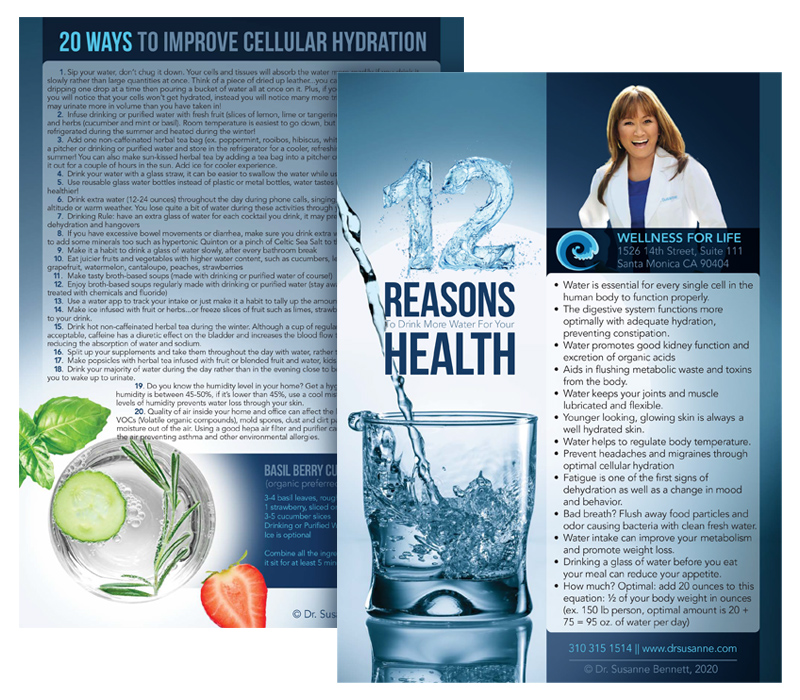 When you think of an organic grocery store, what is the first place that comes to mind? If it is Whole Foods, that is not surprising. They have hundreds of stores in the U.S., Canada, and the United Kingdom with a great selection of organic goods. If you are looking for something a little more intimate though, that caters both to the organic and gluten-free demographic, my number one recommendation is Co-Opportunity.
When you think of an organic grocery store, what is the first place that comes to mind? If it is Whole Foods, that is not surprising. They have hundreds of stores in the U.S., Canada, and the United Kingdom with a great selection of organic goods. If you are looking for something a little more intimate though, that caters both to the organic and gluten-free demographic, my number one recommendation is Co-Opportunity.
Located in Santa Monica at the corner of 16th and Broadway, Co-Opportunity is the only Green Certified grocer in Santa Monica, and has even won the 2010 Sustainable Quality Award for its environmental efforts.
The store in and of itself is a co-op, which is a kind of business that is equally run by both patrons and business associates. Essentially, Co-Opportunity gives its members as much opportunity to contribute to the store as its employees. Becoming a member with them demonstrates your contribution to both the environment and homegrown, sustainable agriculture.
Co-Opportunity has been my favorite grocery store for almost twenty-five years, and as a lifetime member of for at least sixteen of those years, I can attest to their abundant organic and gluten-free selections. Co-Opportunity carries bulk organic foods, natural products for pets, herbs, spices, chemical-free household products and all-natural cosmetics. Many of the brands you will not find anywhere else in Los Angeles. They cater to literally every diet out there with foods that are raw, GMO-free, dairy and lactose free, vegan and vegetarian, macrobiotic, wheat-free, and gluten-free. I support them 100% because they are so environmentally involved, and serve so admirably to people wanting to nourish their bodies with natural, wholesome foods!
References:



